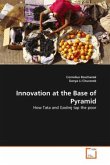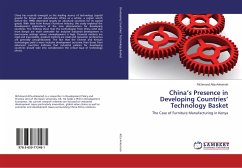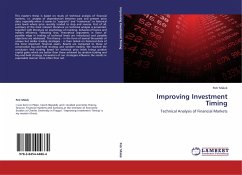This study addresses a vendor's strategies to tackle its own installed base when selling a newly improved product. In particular, we investigate the optimal combinations of timing, pricing and product line strategies that the vendor can employ for selling its newly improved product in the presence of an installed base. We characterize the market with either a partly- or fully- covered installed base in terms of consumers' relative willingness to pay for the newly improved version and their relative payoffs from delayed purchase across periods. Different from the conventional proposition of constant consumer reservation price, we propose that if consumers already own an existing (old) version of a durable product, their willingness to purchase the newly improved version indeed increases over time! This effect, interweaving with consumer heterogeneity on valuation of quality and on purchase history may enable perfect intertemporal price discrimination.







